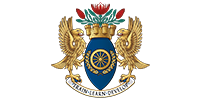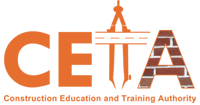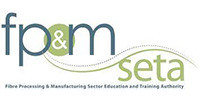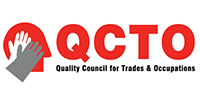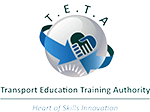Having someone who has completed a safety officer course is essential in any industry. But, more importantly, it is a legal requirement for any business or company to have staff trained as safety officers as per the Occupational Health and Safety Act. One of the industries where this is especially significant is hospitality. Because the hospitality industry is a people-driven business in which staff will interact with numerous individuals daily, the risk of medical emergencies or safety risks is significantly increased.
In the following article, let us utilise the EMCARE course material to look at four crucial ways you, as the delegated safety officer, can reduce hazards and minimise risk in your workplace geared towards hospitality.
Risk Assessment
Risk assessment is one of the first things you will be taught in any safety officer course. At EMCARE, our system has a whole module dedicated to risk assessment. Although this term is used in many different circumstances, it is essential to accurately define what it means in the context of this article, after which we will look at some examples of risks that you may face in the hospitality industry.
The EMCARE safety office course will show you that Risk assessment is a method by which one identifies potential risks (or threats) to the property, environment, or people in the area you are assessing. Once the viability of the risk is set, it is essential to implement strategies to counteract, prevent or minimise the chance of these risks occurring.
Now let us look at some of the most common potential risks you may come across in the hospitality industry:
- Health and Safety Risk:
Because the hospitality industry deals with customers who stay for extended periods, the facilities must be well maintained, as there are a wide range of potential accidents waiting to happen, from slipping on wet floors, falling or tripping over uneven areas, to pick up waterborne illness in the pool, customers and staff may come across scary scenarios if the grounds aren’t kept in good condition.
- Security Risk:
Another potential risk originating from the nature of the hospitality industry is the security of customers and staff. Due to the variation in people visiting your business, there is an increased possibility of theft, vandalism or physical crimes. Therefore making sure to have a sound security system and strategy in place is essential.
- Food Safety Risk:
Finally, because the hospitality industry is involved with serving customers food, there are numerous risks here, from ensuring that the food is not rancid to worrying about allergies and foodborne illnesses; the facility’s kitchens are crucial to perform a thorough risk assessment.
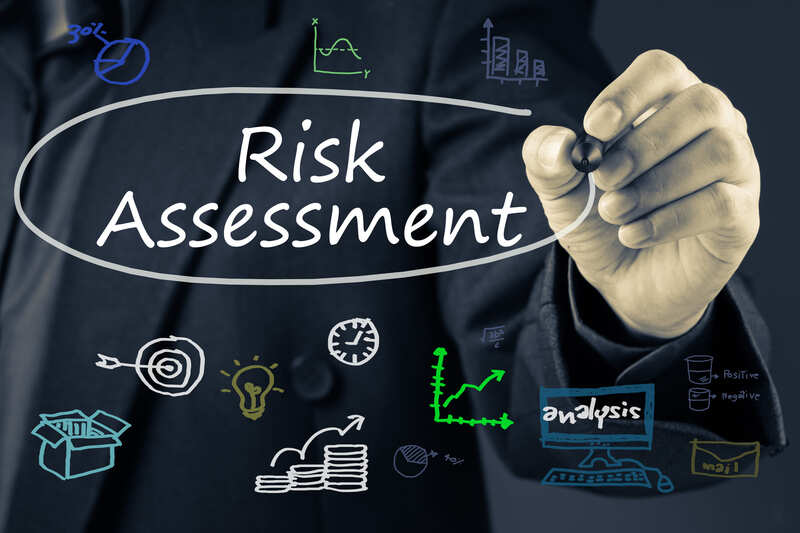
Regular Inspections
Your safety course will also teach you the importance of always following through. Therefore after conducting a risk assessment and employing strategies to counteract these potential hazards, one must then continue with regular inspections to make sure that A. the strategies put in place to prevent risk are being adhered to, and B. that there are no new risks that may have been overlooked during the original risk assessment.
But how should inspections be conducted, and what should you look for? You will find these answers in the EMCARE safety officer course and more. But let us look at some of the most critical aspects of inspection you should pay attention to in the hospitality industry:
- Physical Safety: When conducting an inspection, the inspector should ensure that any physical hazards that may lead to physical harm are either inaccessible by customers or taken care of by the staff safely.
- Sanitation: It is always essential for an inspector to follow the safety officer course guidelines to ensure that sanitation and quality standards are of industry standard and that they are being upheld. This includes providing the facility has proper ventilation, conducting waste management regularly, and keeping all equipment and areas clean and sanitised.
- Record Keeping: An inspector or safety officer must also ensure an adequate record-keeping system is set up for the business. Record keeping, especially in the hospitality industry, should be conducted daily, including cleaning logs, food temperature and receive date logs, pest control logs and employee training records.

Employee Training
Finally, as someone who has completed a safety officer course, it will also be your responsibility to disseminate information to the extended staff on-site through employee training, which, as mentioned above, should be reflected in employee training records. Although you can’t provide the team with everything you have learnt in your safety officer course, important fundamentals about safety should be shared. Luckily with EMCARE, you will be taught how and what to teach. So let us look at some of the most important things you should share with your co-workers in the hospitality industry:
- Health and Safety: Already iterated several times in this article, because the hospitality industry deals with so many people, all staff should have a basic understanding of how to conduct themselves or what to do in the case of a medical emergency or other potentially dangerous situations. Training may include but is not limited to an introductory first aid course covered extensively in the safety officer course, identifying and handling hazards, fire escape plans and addressing emergencies as they arise.
- Legal Compliance: Teaching staff the importance of complying with regulations dictated by legislation is a crucial way to keep your team and the company away from potential lawsuits or criminal negligence. Furthermore, by following the rules dictated by the regulatory authorities, you can rest assured that your company maintains the industry standard, providing customers with better service. The EMCARE safety officer course has several modules that will teach you how to comply with legal measures in the workplace.
- Food Hygiene: For those of your team that work with food in any capacity, whether kitchen staff or servers, it is vital that they understand how to handle and hygienically deal with food. Because food items can pose a massive risk to the business, ensuring all staff strictly adhere to the company’s standard operating procedures concerning food is essential and will help drastically reduce the chance of health-related emergencies on site.

Hospitality, Safety And You
As shown in the above article, the importance of a safety officer course for critical staff members must be considered. This sort of training can not only prevent many safety risks but also massively reduce the possibility of hazards in your workplace. The hospitality industry, dealing with many people, is a hotbed for health and safety risks. It is always best to practise for businesses to cover themselves from any legal ramifications. So don’t hesitate to visit our nearest EMCARE branch and learn how we can help you start your safety officer course today.





